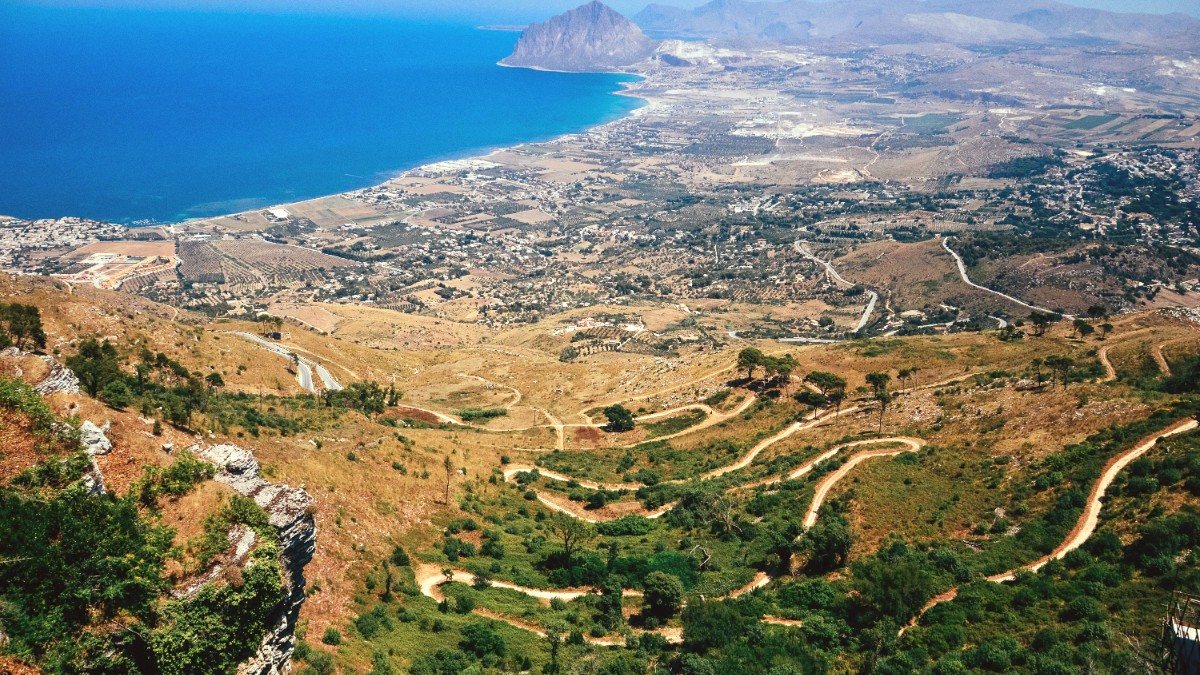
Sicily, Italy
Discover the profound impact of Trapani's past on its present.
Walk through streets bearing centuries of trade and cultural exchange.
Observe architectural details hinting at diverse past civilizations.
Notice the tangible fusion of various historical periods.
Witness ancient methods in the vast salt pans.
Observe fishermen bringing in their daily catch at the port.
These interactions highlight a way of life deeply rooted in tradition.
Observe a balance between contemporary life and respect for the past.
This visit brings a fresh understanding of history and societal norms.
Gain a clear grasp of the interplay of civilizations that shaped the Mediterranean.
Your visit brings you closer to traditional ways of life.
This journey frequently brings new perspectives and a understanding of history and culture.
The layered history of Phoenician, Arab, Norman, and Spanish influences becomes tangible in the city's architecture, cuisine, and customs.
Concluding your visit to Trapani, consider a pledge for responsible travel.
Uphold Trapani's unique environment, especially the fragile salt pan ecosystem and Egadi Islands marine protected areas.
Follow all regulations in nature reserves and protected areas.
Dispose of all waste correctly, avoiding littering.
Conserve water during your stay to reduce environmental impact.
Support small trattorias and artisan workshops directly.
Savor authentic local dishes and ingredients.
Engage respectfully with local culture and customs.
Your actions protect marine protected areas.
Future generations can cherish these natural wonders.
Direct contributions boost Trapani's economy.
Supporting local businesses builds community.
Mindful engagement helps preserve distinctive identity.
Respect for traditions nurtures local pride.
Your actions safeguard Trapani's environment and contribute to its distinct cultural identity for years to come.
Trapani serves as a wonderful start for more Mediterranean journeys.
Explore Italy's gastronomic wonders.
Consider returning during Holy Week (Easter) for the unique Processione dei Misteri.
Plan a visit during the Cous Cous Fest in San Vito Lo Capo (usually September) for North African culinary ties.